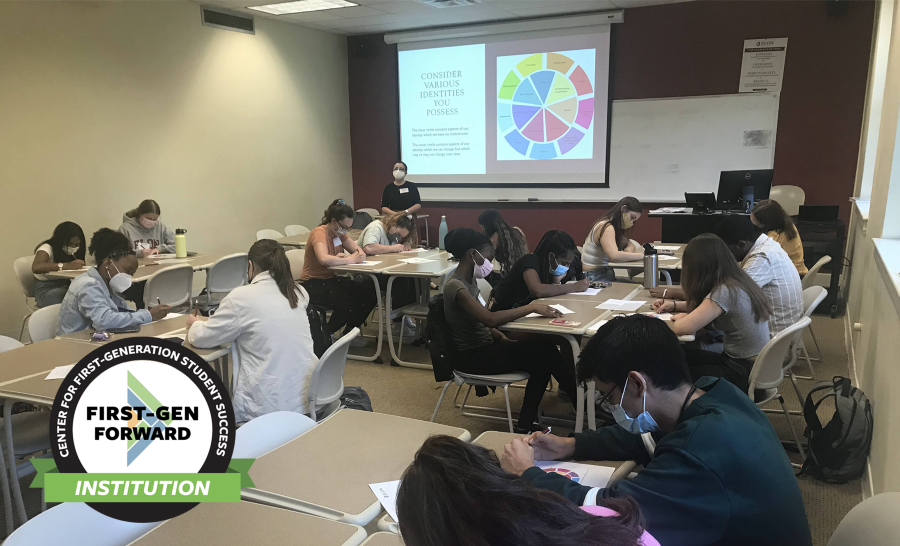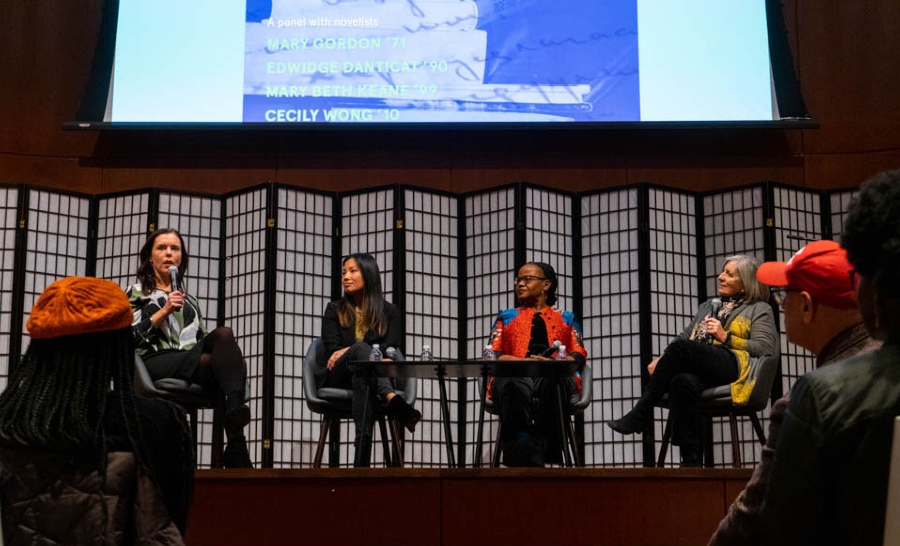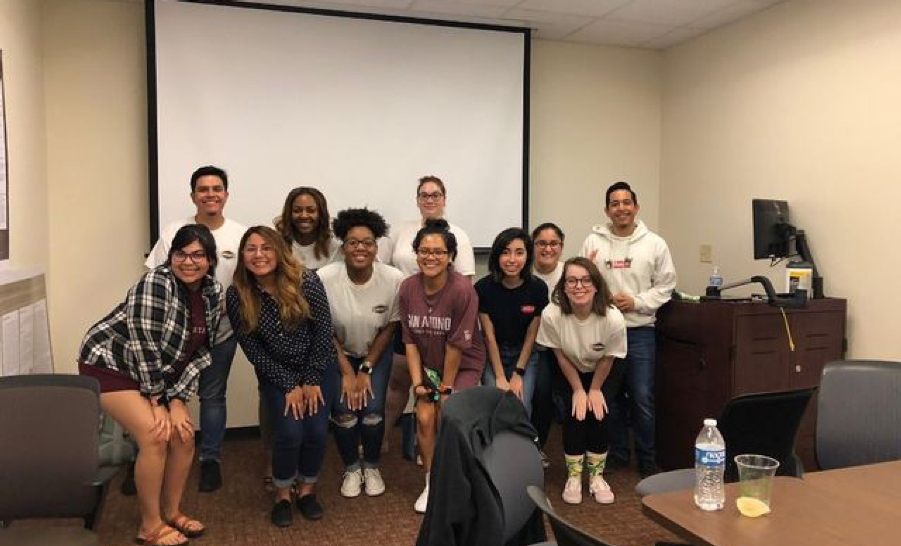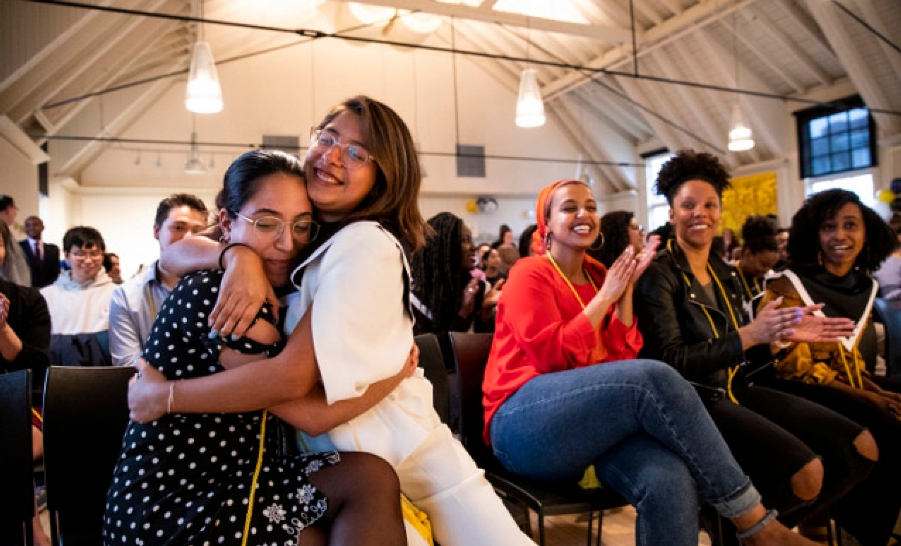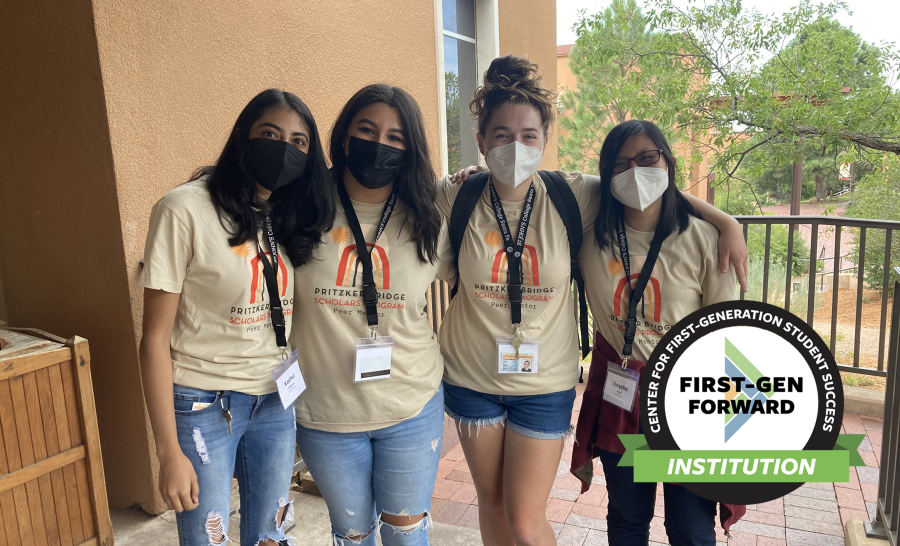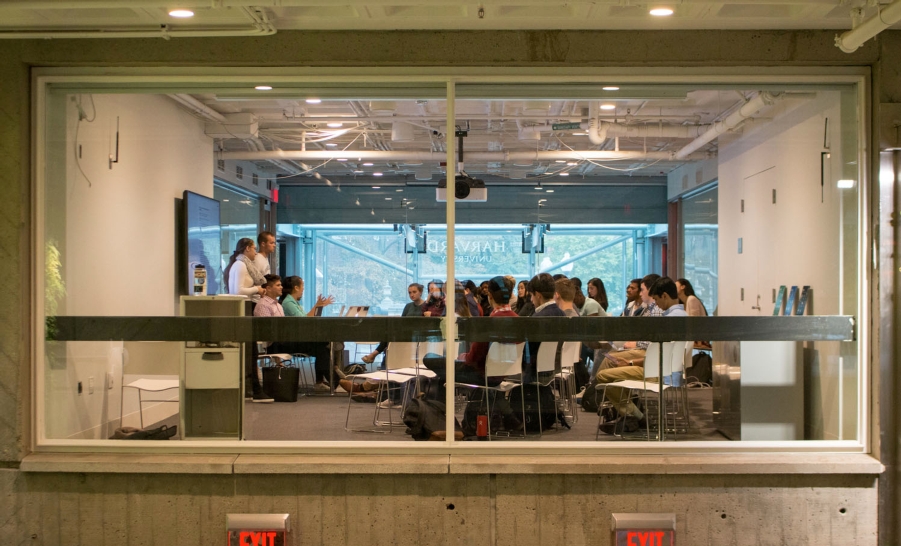“May I buy you a cup of coffee?”
Matt Daily M.Ed., University of Portland / FirstGen Forward / May 01, 2020
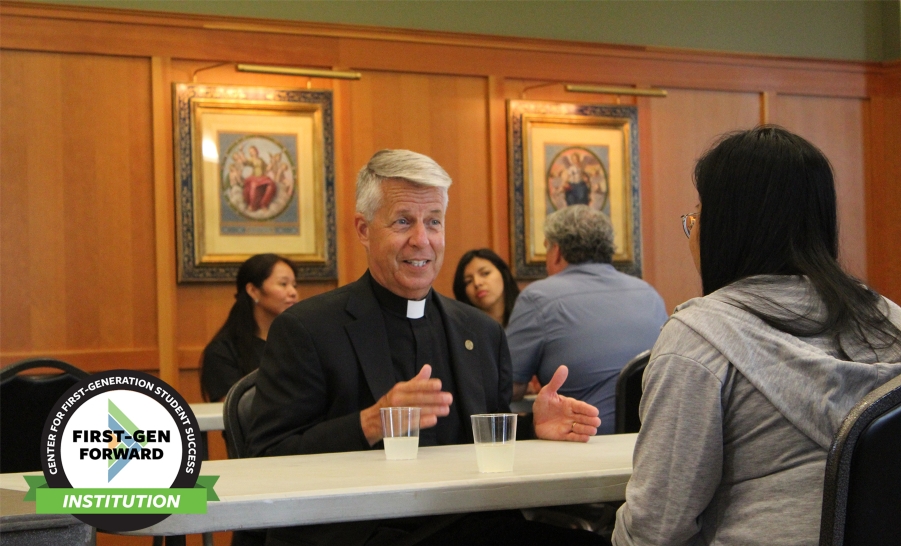
Due to recent television shows such as Portlandia and Stumptown, many might be familiar with those from the Pacific Northwest and our affinity for coffee. What may be surprising is that many of our current efforts at the University of Portland (UP) to support first-generation students are deeply rooted in the coffee culture of Portland. Let me offer some context to explain.
Roast
In 2010, UP’s Office of Scholarly Engagement sought help from campus partners because it was inundated with scholarship opportunities for first-generation students. The problem was that UP was not identifying or tracking first-generation students and therefore did not know which students identified in this way. As a result, UP started to identify and track its first-generation students.
Once this process began, four individuals from different parts of campus realized that first-gen students needed support. These individuals met, often grabbing a cup of coffee, and created a few simple programming opportunities to support UP’s first-generation students. Because of these meetings, the leadership at UP created a new position with the responsibility of designing and creating supportive efforts for first-generation students.
Grind
I was fortunate to be hired into the new position noted above during the summer of 2015. Once hired, my priority was to reach out to all current UP first-generation students individually. Often, I would begin the conversation with, “May I buy you a cup of coffee and learn about your experience as a first-generation student?” Many shared that they wanted not only first-generation programming but also a robust and authentic first-generation community, where each first-generation student could be supported by and connected with their peers. Subsequently, we established our First Generation Ambassador position, which hires and trains first-generation students to serve as peer mentors and implement first-generation student programming on campus. In short, we wanted first-generation students to help build this authentic community of support on the Bluff (our campus nickname, as we sit on a bluff above the Willamette River in Portland).
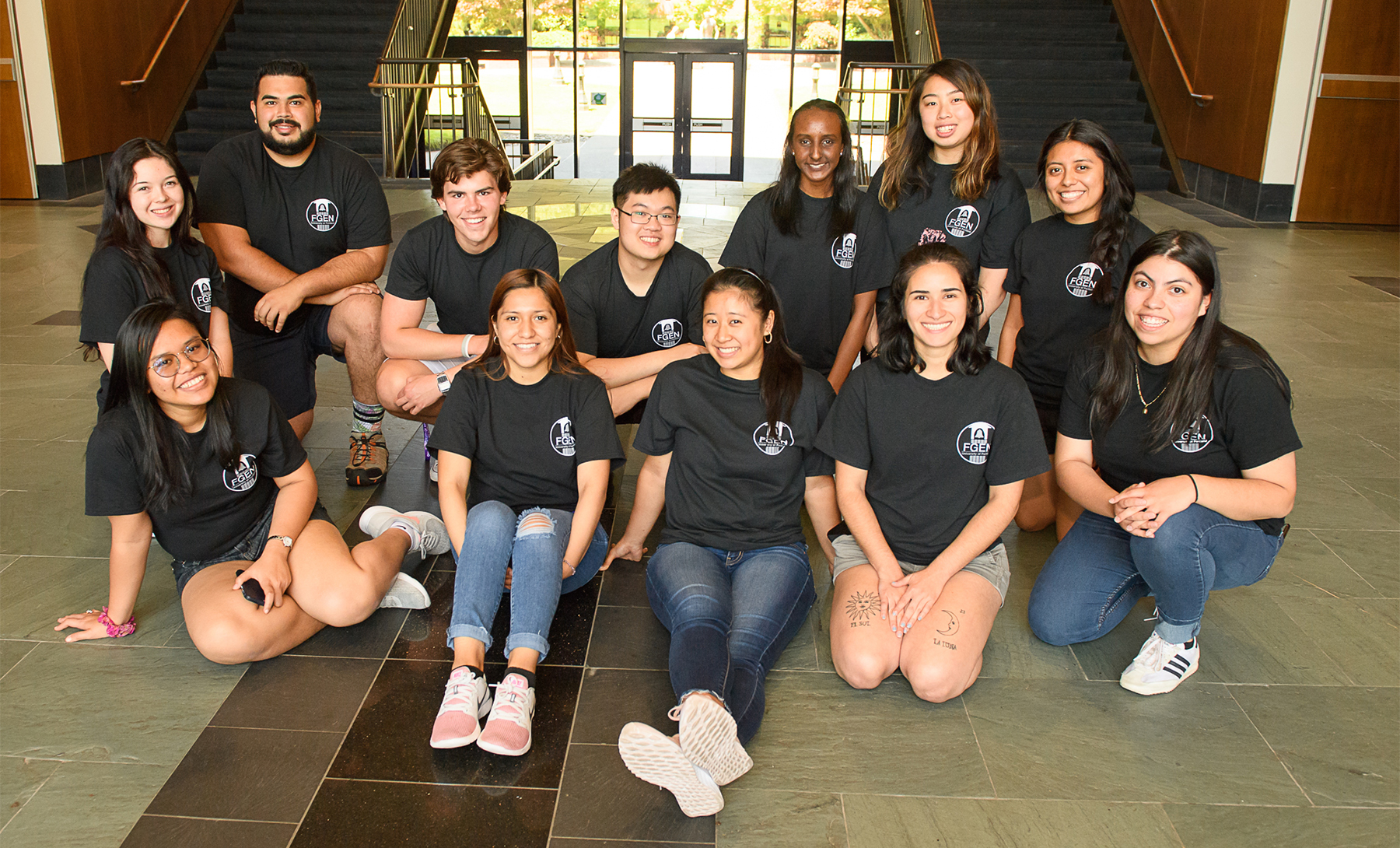
Brew
During the spring of our first year, I challenged each of our student ambassadors with an idea. Earlier in the semester, I had spoken by phone with Dr. Anita Casavantes-Bradford, who is doing wonderful work supporting first-generation students and faculty at the University of California, Irvine. Dr. Bradford shared a template for a series of activities, called “challenges,” on which her first-generation mentors and mentees collaborate. One of these challenges was to ask a current professor to coffee. I prompted our ambassadors with this challenge: asking if they might encourage their mentees to ask a professor to coffee. At our next meeting two weeks later, our ambassadors shared the same response to the activity. Both the first-year mentees and our junior and senior ambassadors were terrified to ask a professor to coffee!
The response to the coffee challenge stuck in my head. As we designed our next training, my thought became, “If these students are afraid of asking faculty to coffee, perhaps we can nudge them to do so during training, and they can see that these interactions are not as intimidating as imagined. Perhaps they will realize that they are simply two human beings having a cup of coffee.” Thus, the event “Coffee with a Professor” was born.
Many [students] shared that they wanted not only first-generation programming but also a robust and authentic first-generation community, where each first-generation student could be supported by and connected with their peers.
Pull
When we first facilitated “Coffee with a Professor” during our August 2018 training, I was not sure what to expect. The ambassadors were not told about the event until the day of the training. Prior to this event, however, our Career Center staff facilitated a session that focused on finding common conversation topics with someone who you are not familiar with. The goal of this session was to get our students to practice what they learned when meeting a professor for coffee.
The event was facilitated like a “speed dating” exercise. Each student was free to sit in front of one faculty or staff member and have a five to seven minute conversation over a cup of coffee. The ambassadors later admitted that it was one of the most meaningful moments of their academic career. Importantly, the faculty and staff shared the same sentiment: these interactions were among the most meaningful they had encountered on campus. The short-term result was that the event helped create buy-in from other faculty and staff members. The long-term result was that students and faculty felt a deeper sense of human connection with one another, and additional faculty asked if they might be able to participate in the future. Last year, our president and provost adjusted their orientation schedules to attend and participate in our event. This made a lasting impact as participants saw the top leaders of our campus making a genuine effort to connect and spend time with them.
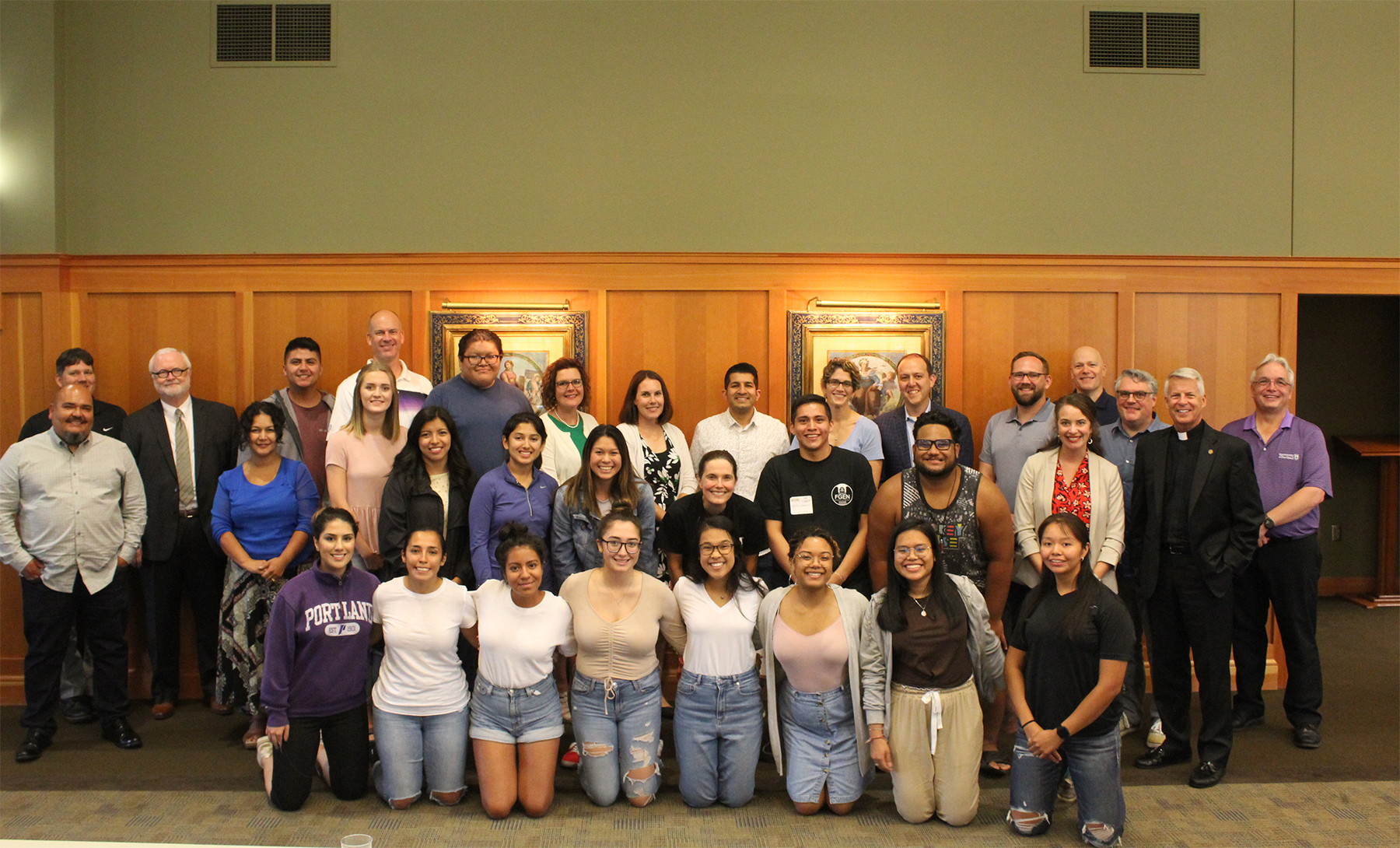 When asked about his participation in the event, Fr. Mark Poorman, CSC, UP President, said:
When asked about his participation in the event, Fr. Mark Poorman, CSC, UP President, said:

"'Coffee With a Professor/Staff Member' is a brilliantly conceived, low-maintenance, high-yield program…faculty and staff had excellent opportunities to interact with our treasured FGEN students. The event’s fast-paced, informal environment encourages friendly and meaningful conversation that often leads to further contact between participants. In my case, two of the four students I met have continued to meet with me, and in one case, I have become an academic and professional mentor for the student. Speedy, fun conversations with a purpose. This works."
Finish
So in a beautiful Portland way, we return to where we started this piece. Two warm cups of coffee and two human beings with a shared interest in supporting first-generation students. What can we learn? Faculty suggested that these interactions helped them remember why they were drawn to higher education and the bright excitement of working with college students. Our first-generation students walked away understanding that they are not alone in this journey. While they are the first in their family, there are many faculty and staff members that have gone before them and are eager to walk alongside them during their time on the Bluff. Our work to support first-generation students is deeply rooted in sharing stories with one another and, in turn, sharing the narrative of our efforts. The true trailblazers on our college campuses are first-generation students. As we continue our future efforts to support these students, perhaps we can start with inviting others around us to a cup of coffee to share our collective stories and dreams for the future.
